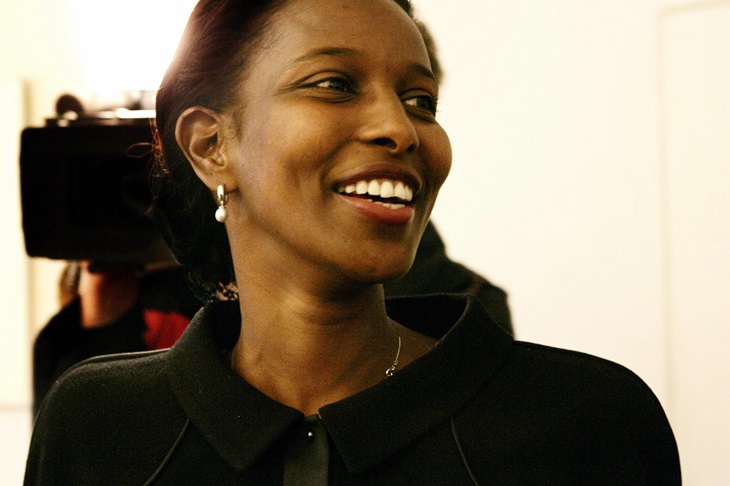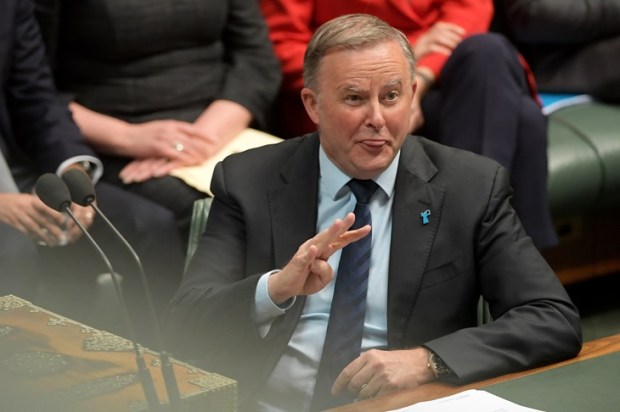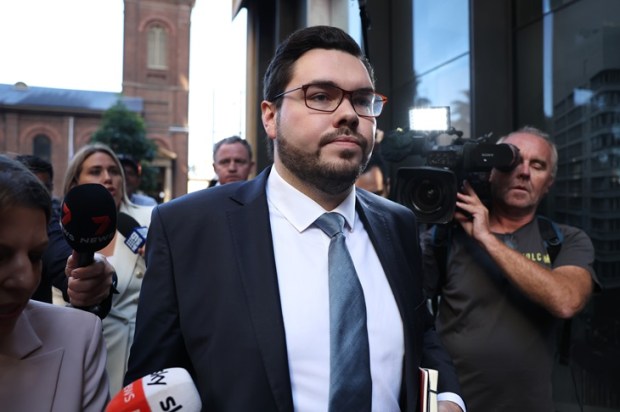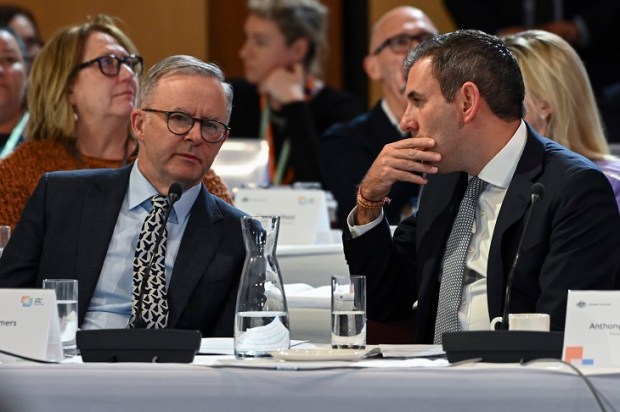In the heart of London week, a unique gathering of influential minds took place last week at the inaugural Alliance for Responsible Citizenship conference. I watched what I could online and was captivated by the depth of insight from a panel that brought together renowned figures Jordan Peterson, John Anderson, Ayaan Hirsi Ali, and Os Guinness. The panel delved into some not-so-small topics such as the future of Western Civilisation but focused on the profound impact that narratives have had on Western Civilisation and our lives, both individually and as a society.
The Panel discussion kicked off with a resounding emphasis on the significance of stories. Stories, the panellists suggested, are far more than mere anecdotes. Os Guinness, a prominent US figure in the realm of political and social thought, particularly the intersection of faith and public life, underscored that stories serve as a framework through which we understand facts and experiences.
‘Facts and experiences are never neutral; they’re always within a framework, and the most powerful framework is a story that is true, particularly if it’s history,’ Guinness said.
He stressed the importance of true stories, especially history, in providing people with purpose and meaning. Guinness’ perspective challenges the prevailing notion that facts and experiences are somehow neutral, asserting that they are always embedded within a narrative framework.
Ayaan Hirsi Ali added her unique perspective to the discussion, speaking about the profound personal choice of adopting ‘a different narrative’, one that aligns with an individual’s values. In her case, she explained how she shifted to Western Civilisation because it cherishes life and individual worth. She underscored the moral choices that are intertwined with the narratives we adopt, urging the audience to make choices aligned with their values.
Hirsi Ali’s journey from the Islamic ‘narrative’ to a Western narrative took centre stage as she discussed her choice to embrace Western Civilisation over the worldview of her childhood.
‘I sit here and I can say today, given what’s going on, I support Israel, no buts, no ifs, unequivocally. That is a moral choice, and it is based on the story of the civilisation that I adopted,’ she said.
She said she felt depressed that hundreds of thousands of people were marching in London, ‘standing on the side of pure evil’.
‘It’s not only the Jewish babies that they’re beheading; they will behead your babies, Jewish or not, if you don’t fit into their story,’ she said.
She explained how her narrative shift was rooted in the stark contrast between a civilisation that cherishes life and another that embraces death. Her story exemplifies the transformative power of narratives and the moral implications of these choices. Furthermore, she candidly addressed the threat that Western Civilisation now faces from the narrative she left behind. Her insights provided a sobering reminder of the ongoing ideological struggle in today’s world.
Australia’s former Deputy Prime Minister, John Anderson, contributed to this fascinating conversation by emphasising the extraordinary power of storytelling. He pointed out the dire consequences that may result when stories are not passed on to the younger generation. Mr Anderson shared a personal anecdote about his father’s involvement in a significant historical event during the second world war and highlighted how the story, about ‘keeping to his station’ instilled a sense of purpose and direction in his life. He also delved into the despair that can accompany a loss of faith in a life-affirming narrative and recounted how the failure to pass on stories has left many feeling adrift, like a ship without a captain.
‘That’s our culture today: We don’t know where we’ve come from, we don’t know where we are, and we don’t know how to find our way back to the ship,’ Anderson said. He also quoted Churchill’s wisdom on the importance of passing on stories to the younger generation. Without these stories, we risk leaving our children ‘without a moral compass and a sense of identity’.
‘The personal harvest is bitter. We see that in the numbers; we see that in your profession – loneliness, anxiety, mental health, self-harm amongst our young people,’ Anderson said.
Each of the panellists echoed concerns about the consequences of failing to pass on our culture’s stories. John Anderson specifically highlighted the rise of loneliness, anxiety, mental health issues, self-harm, identity politics, and the pursuit of individualism when stories are not shared. Anderson cautioned against viewing individualism as a selfish doctrine, emphasising the importance of communal narratives.
In summary, the Alliance for Responsible Citizenship conference is a ‘new kid on the block’ when it comes to big ideas conferences and ‘global talkfests’ but its solutions are for individuals and families to implement at the grassroots level, rather than top-down systemic solutions designed by globalist elite billionaires and technocrats and enforced on populations. The conference has provided a fresh platform for a thought-provoking discussion on maintaining and creating new narratives that will shape the future of Western Civilisation.
As we navigate the complexities of our rapidly changing world, let us remember who we are, where we’ve come from, where we’re generally heading and the enduring importance of stories in shaping our lives, our children’s lives and our society’s future.
Got something to add? Join the discussion and comment below.
Get 10 issues for just $10
Subscribe to The Spectator Australia today for the next 10 magazine issues, plus full online access, for just $10.


























Comments
Don't miss out
Join the conversation with other Spectator Australia readers. Subscribe to leave a comment.
SUBSCRIBEAlready a subscriber? Log in